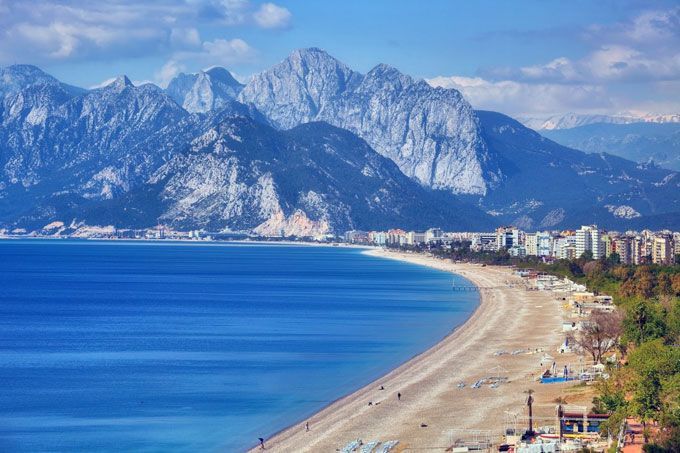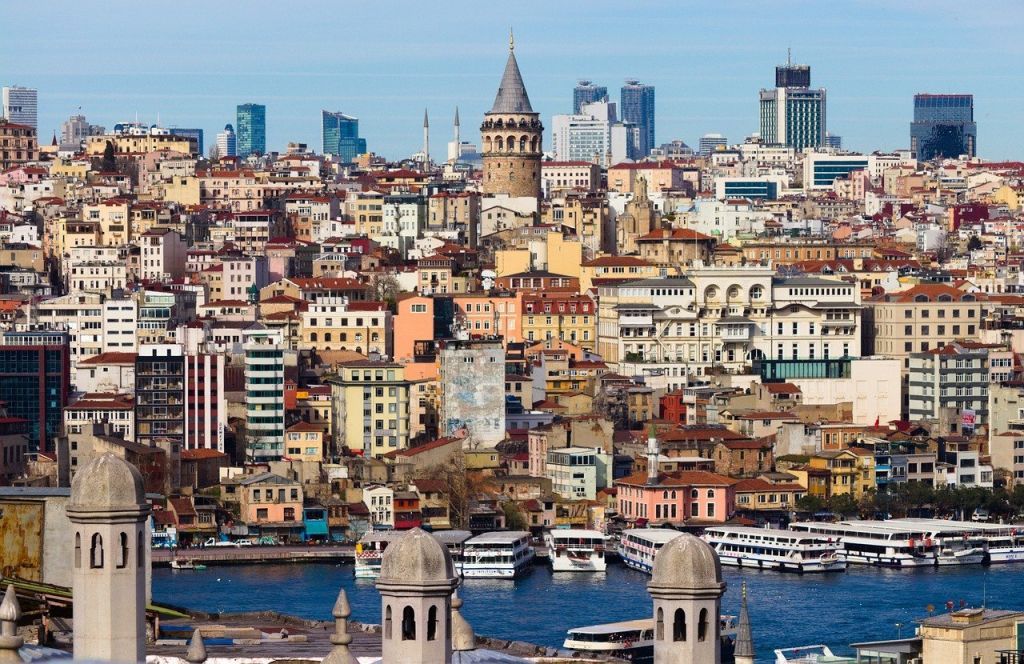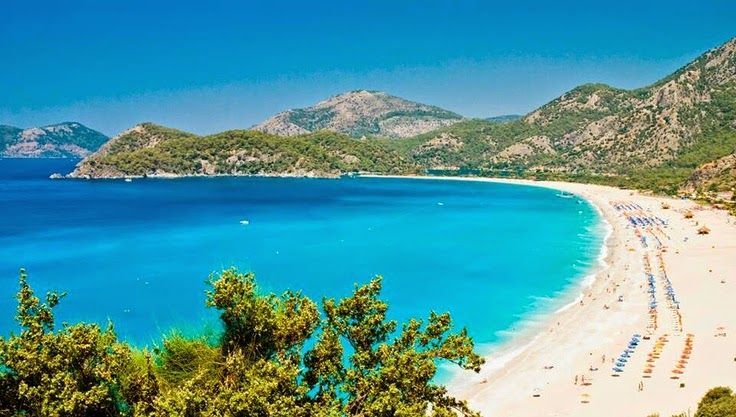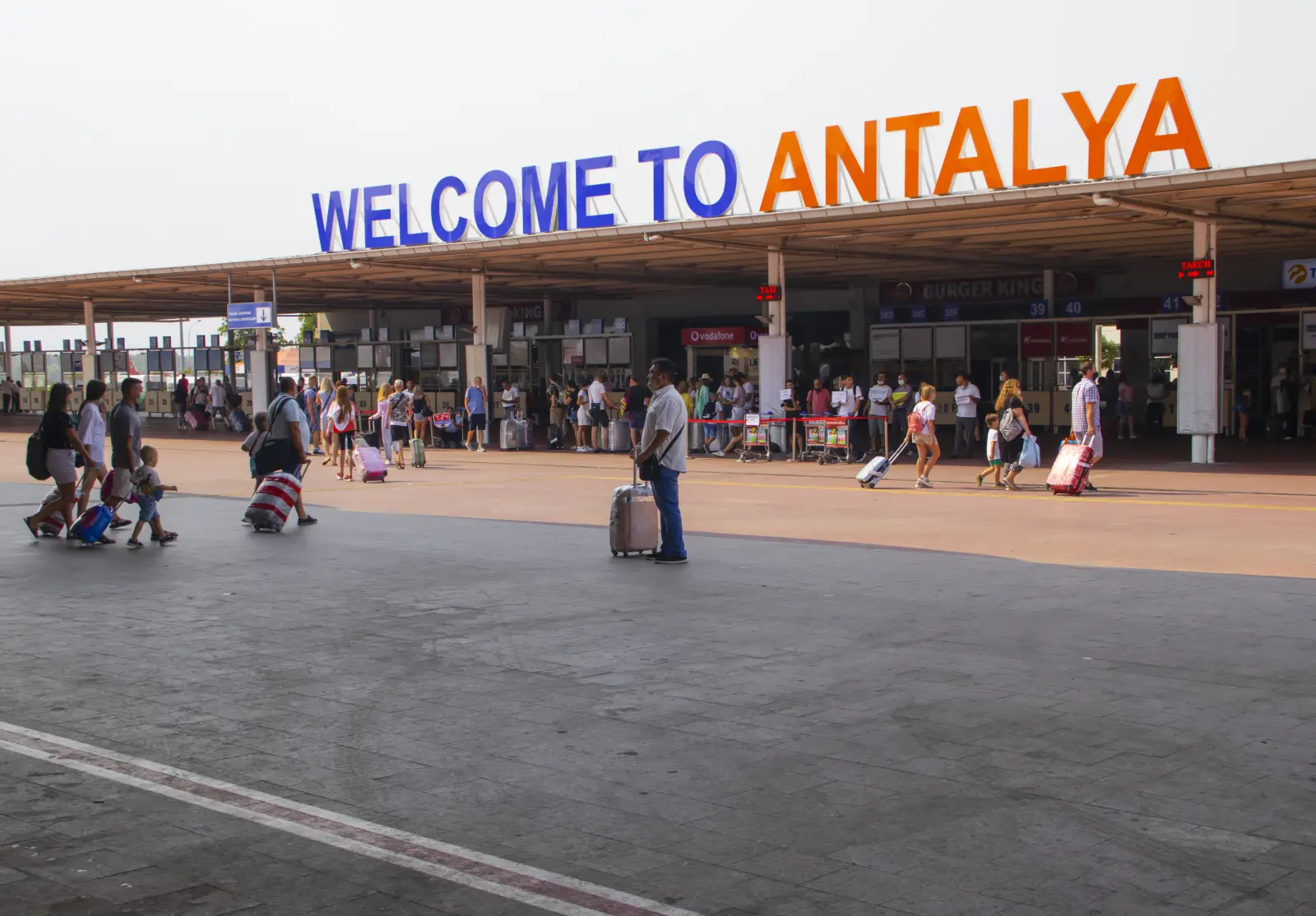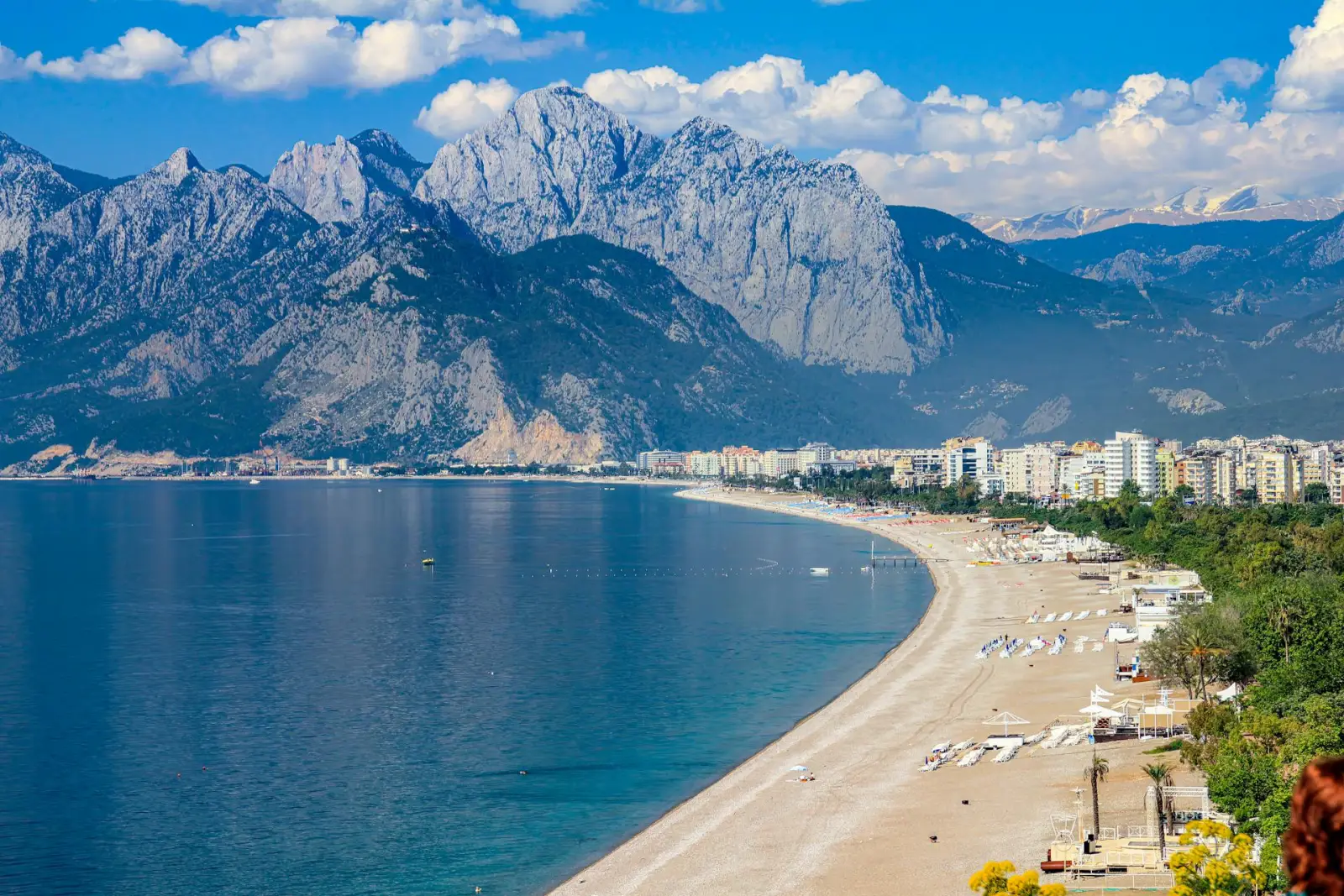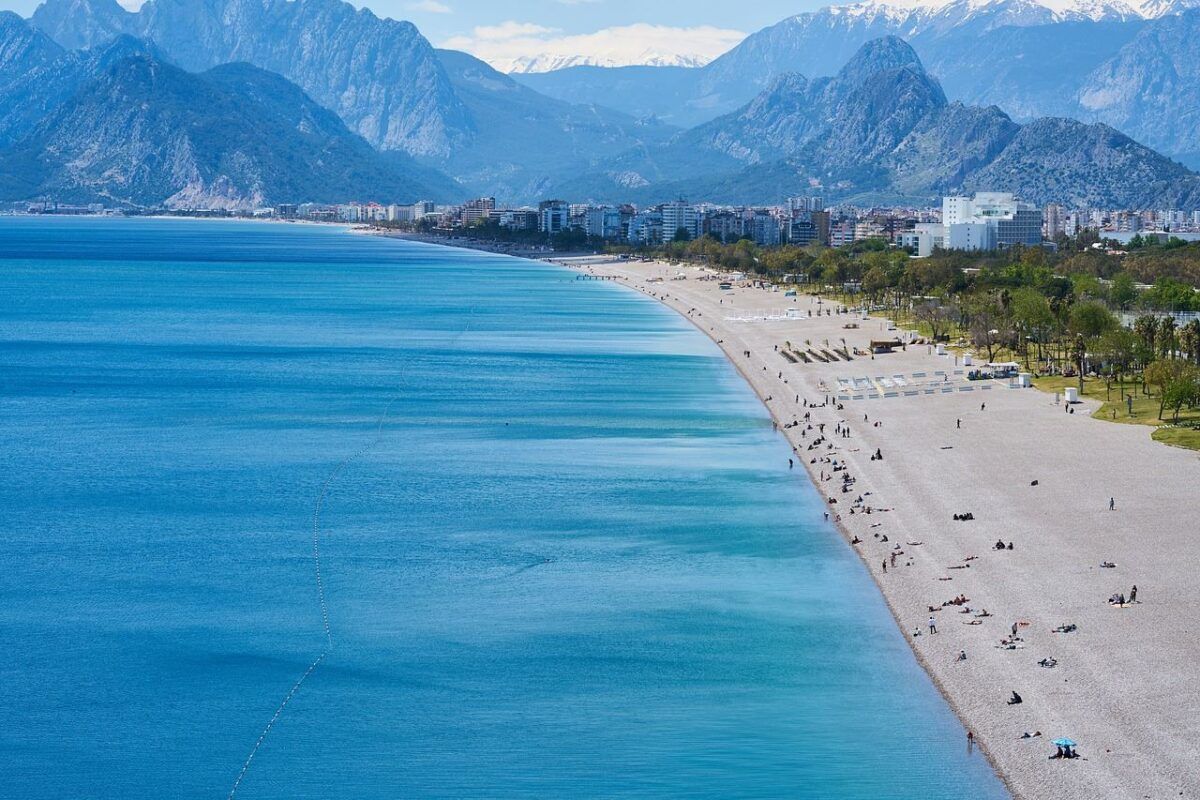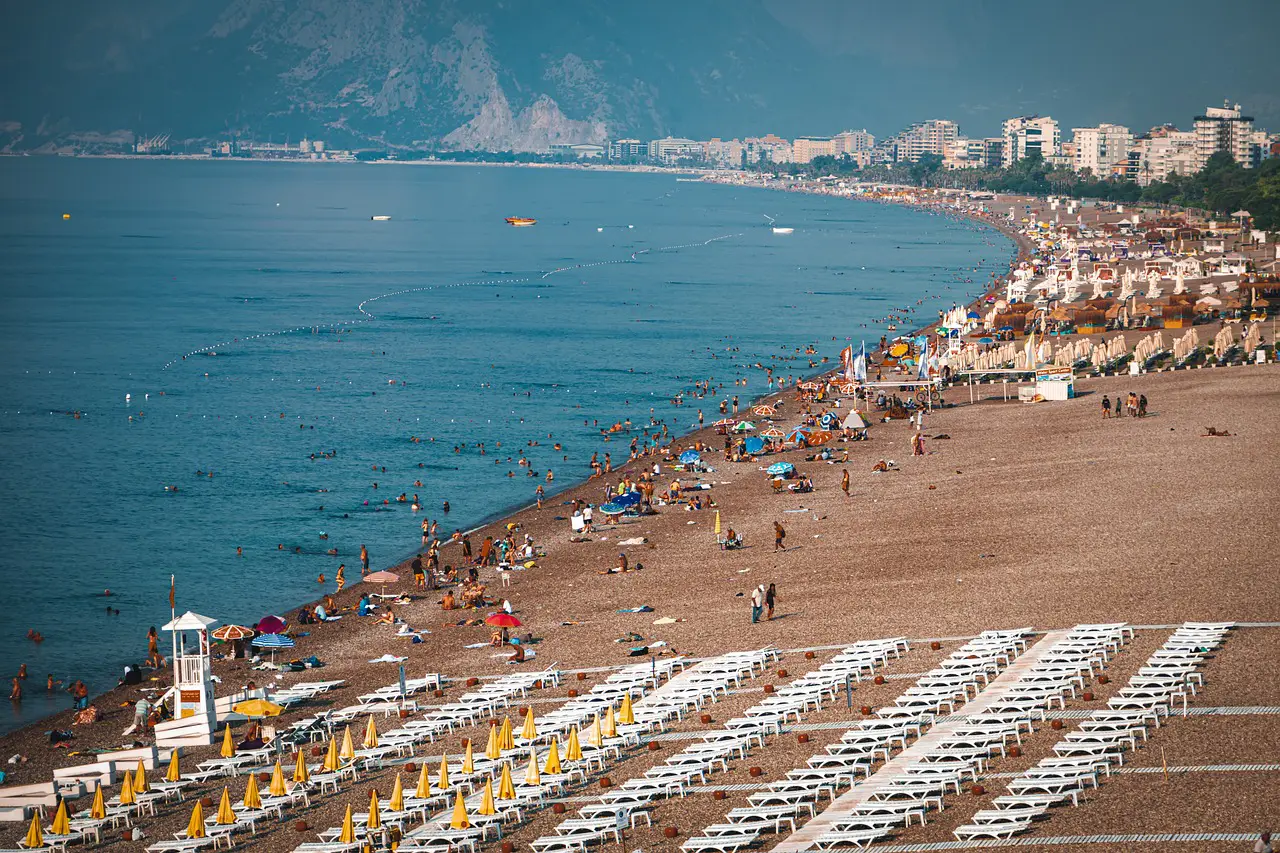Antalya, one of Turkey’s renowned tourist destinations, saw a total of 8.1 million visitors in the first seven months of the year. While 6.5 million of these tourists chose to stay in hotels, a significant 1.6 million tourists, predominantly of Russian origin, opted for rental homes.
In an article published in Ekonomi Gazetesi, Antalya City Council Tourism Working Group Spokesperson and NBK Touristic General Manager, Recep Yavuz, pointed out the known trend of tourists flocking to Antalya. However, he mentioned that there’s a lack of statistics concerning non-hotel accommodations. Yavuz said, “A decade ago, those who came through agencies preferred hotels, while others sought different accommodation alternatives. This isn’t new. 1.6 million tourists didn’t stay in hotels. There isn’t just one reason for this.”
Economic Concerns and Changing Tourist Demographics
The aftermath of the pandemic has brought radical changes to the tourism industry. Factors like perspective shifts, economic situations, and more than just the rise of platforms like Airbnb, play a part in these trends. “The rental homes can’t be a mere alternative to hotels. The shift is more linked to general economic challenges and the changing profile of tourists,” Yavuz added.
Industry representatives highlighted that out of the 8.1 million tourists, the 1.6 million tourists from Russia chose to rent one of the 100,000 homes available.
Unregulated Rental Homes a Concern
Rıza Perçin, the Mediterranean Region Chairman for the Association of Turkish Travel Agencies (TÜRSAB), noted the prevalent trend of Russian-speaking tourists from various countries renting over 100,000 homes in Antalya. “Around 17-18% of these tourists, which equates to about 1.6 million people, stayed in these homes. This trend isn’t just in the Mediterranean but is seen across Turkey,” Perçin said.
Müberra Eresin, President of the Turkish Hoteliers Association (TÜROB), emphasized the negative impact of unregistered daily rental homes on hotel occupancy rates this year. Eresin noted that although measures were taken in the past to control such rentals, there’s been a surge recently, with nearly 60,000 homes believed to be rented this way. She stressed the need for increased inspections, especially for safety and hygiene.
Eresin highlighted that while tourist numbers met expectations in city hotels, their stay duration has shortened. This shift, driven partly by tourists preferring cheaper unregistered homes, affects hotel occupancy and the industry’s morale.
Appreciating the new regulatory focus on daily rentals, Eresin stated that introducing tax and documentation for such rentals would counter unfair competition. She concluded by emphasizing the importance of aligning Turkey’s tourism infrastructure with global standards, citing the lack of a structured system like Airbnb as an example of existing unfair competition.
Decline in Russian Tourist Numbers
Highlighting the sales of homes to foreigners, Hamit Kuk, a former board member of TÜRSAB, stated that 38 out of every 100 homes sold to foreigners in Turkey were in Antalya. However, he also mentioned a slight drop in Russian tourists. “In the first half of 2019, Turkey welcomed 2.7 million Russian visitors, whereas in the first half of 2023, this number hovered around 2.6 million,” Kuk observed.





